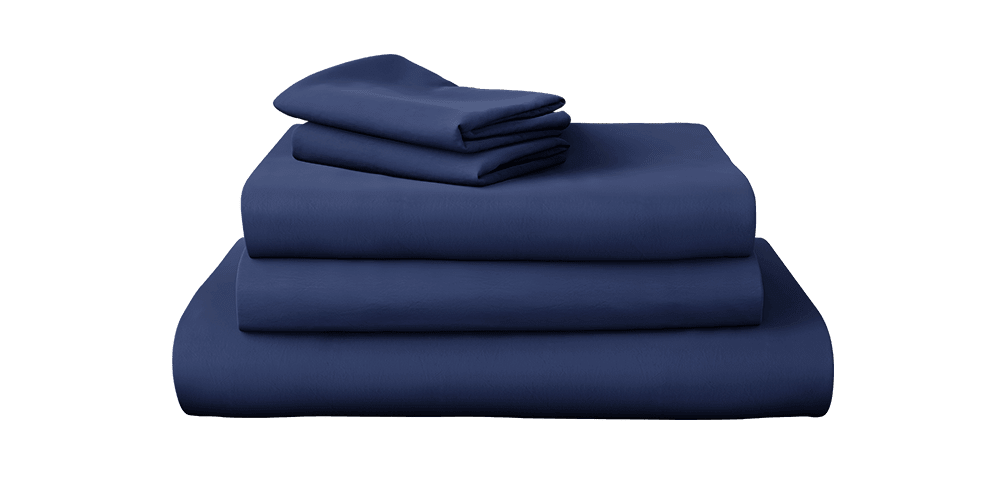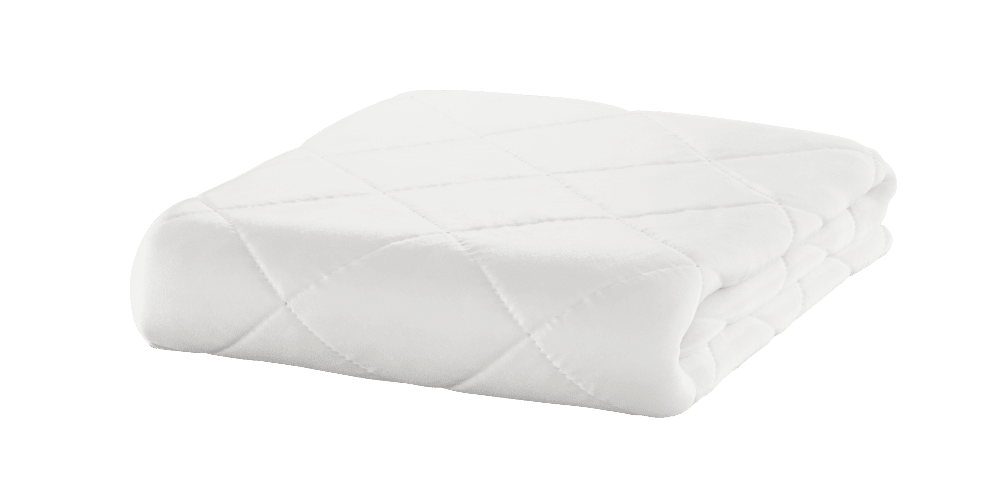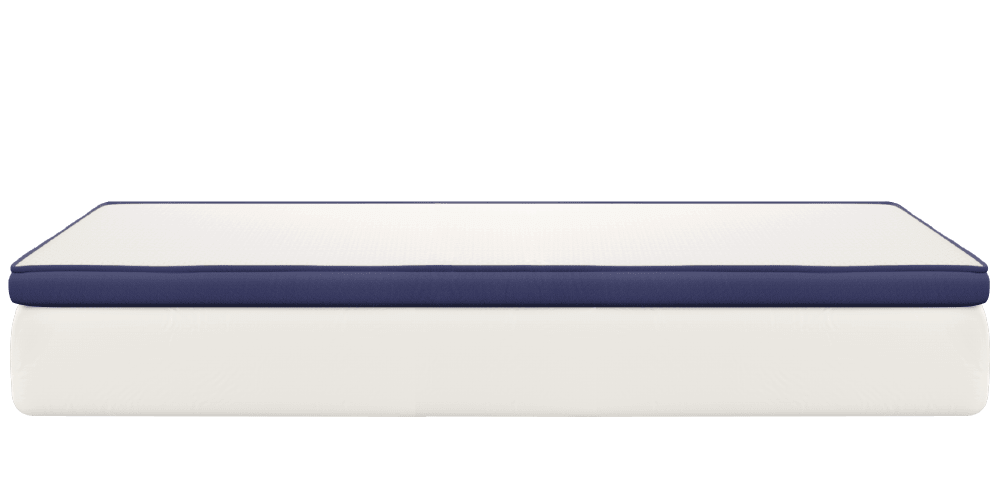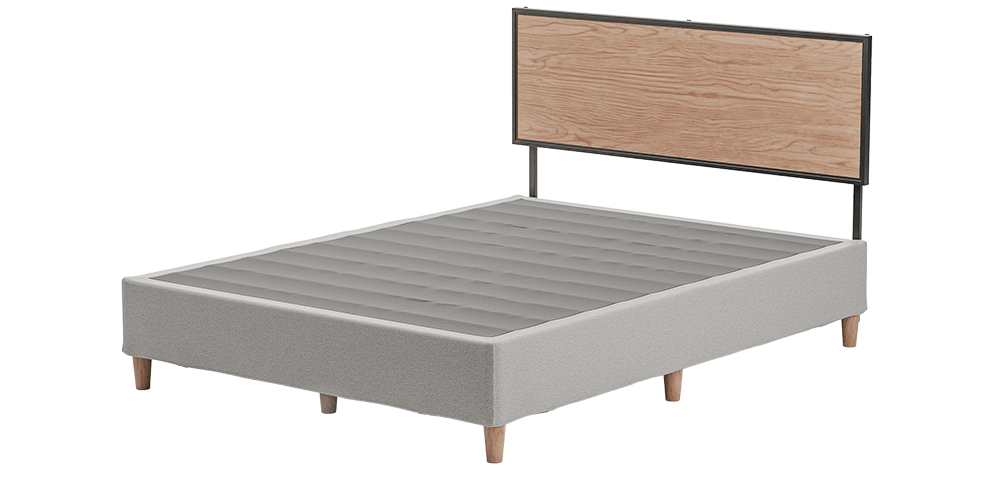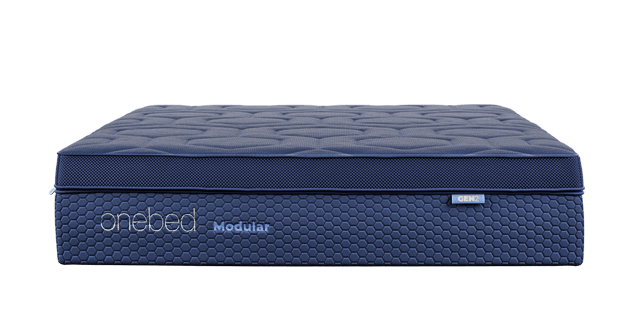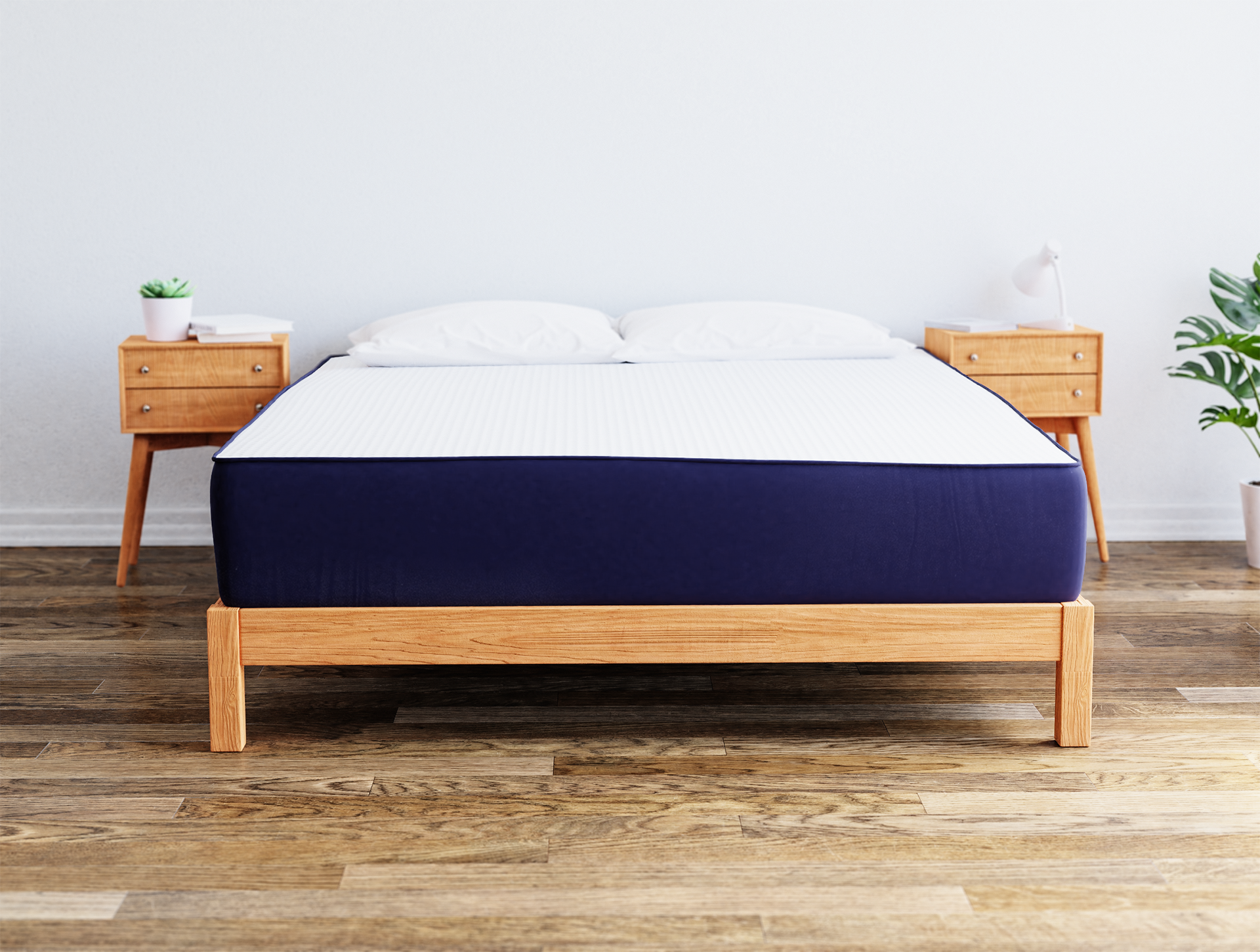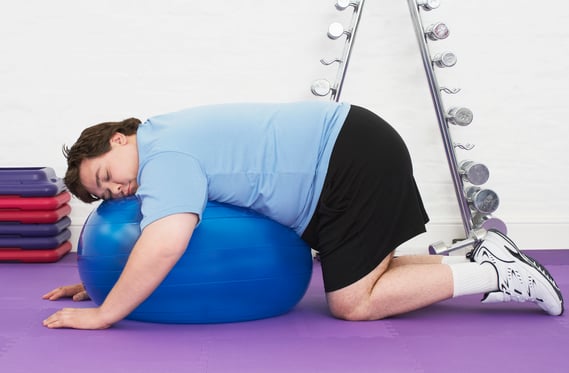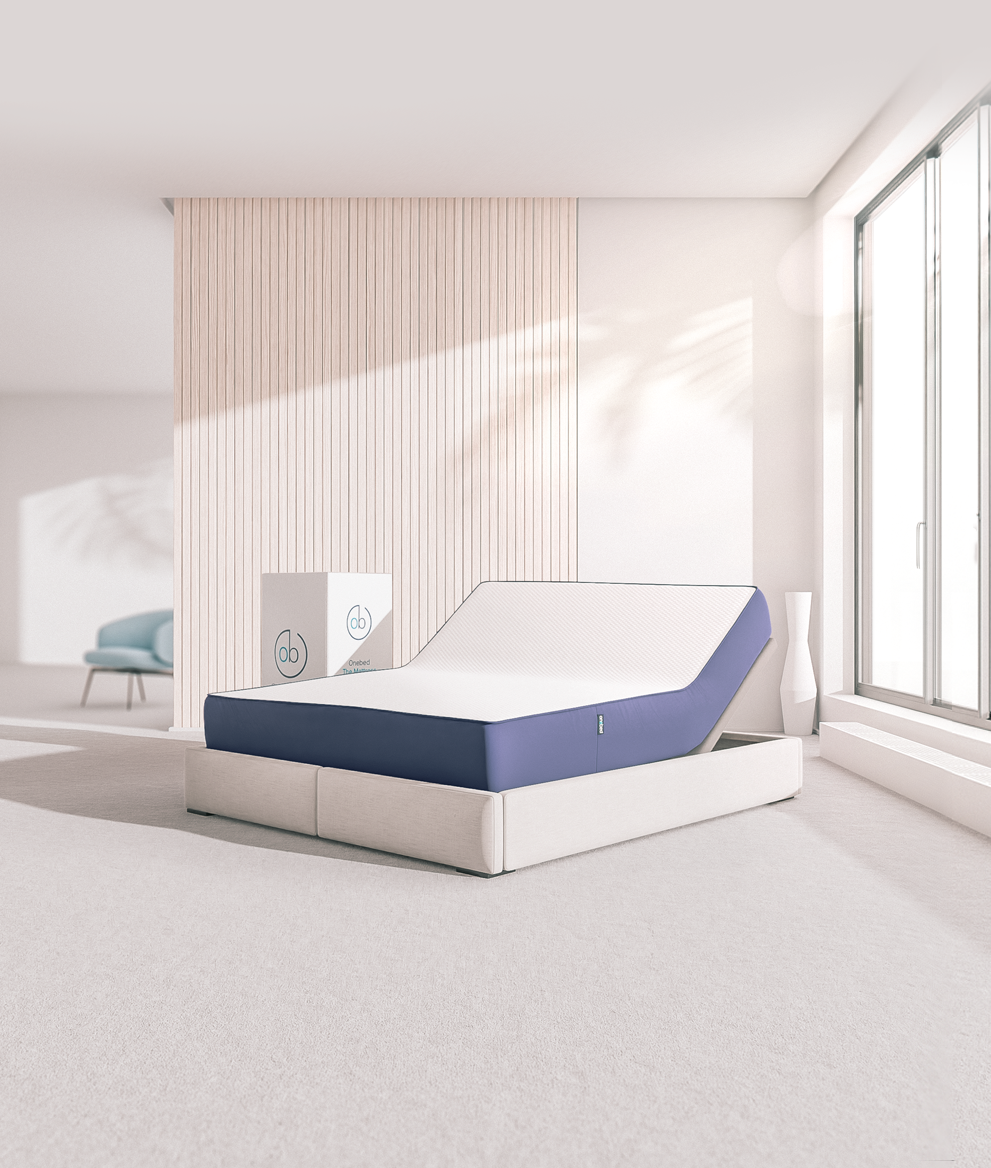Doctors used to advise against engaging in any moderate to heavy physical exercise during the night. The scientific consensus was that exercising too close to bedtime could interrupt the natural onset of sleep. And it’s a theory that made sense.
Exercise does put the mind and body into a focused state. And it’s understandable that this type of heightened awareness brought about by physical exercise can serve as a cue for wakefulness.
However, fairly recent research suggests otherwise. In fact…
Exercising at Any Time Can Significantly Improve Sleep
In 2013, the National Sleep Foundation aka NSF conducted the Sleep in America Poll. It involved 1000 adults ages 23 to 60. The goal was to assess the relationship between time of exercise, intensity of exercise, and sleep quality in a large sample study.
The recorded outcomes included total sleep time, self-reported sleep quality, sleep latency (how quickly they fell asleep), and whether or not participants woke up feeling refreshed.
According to the results, those who exercised vigorously in the mornings (more than 8 hours before bedtime) slept best. They enjoyed a higher rate of reporting good quality sleep and waking up feeling refreshed.
Meanwhile, those who exercised vigorously at night (less than 4 hours before bedtime) reported much better sleep duration (98%) and quality (97%) on the days that they exercised compared to when they did not.
In short, whether you exercise in the morning or at night, you can most likely expect a significant improvement in how well you sleep.
Strength Training at Different Times Can Improve Sleep in Different Ways
In related research by the NSF, anytime is a good time for strength training if you’re concerned with sleeping well. However, doing it in the morning can result in different sleep benefits compared to when you do it at night.
Morning weightlifters tend to fall asleep quicker than those who prefer to work out later. Meanwhile, the advantage for nighttime exercisers is that they wake up less frequently throughout the night, which typically results in overall better sleep compared to those who prefer to pump iron in the mornings.
Cardio in the Morning Can Improve Deep Sleep
Early AM cardio can help in naturally reducing your blood pressure come bedtime. In healthy people, blood pressure naturally drops by 10 to 20% when it’s time to sleep.
But in people with diseases like sleep apnea, this natural reduction in blood pressure doesn’t happen, and it’s one of the reasons why they don’t sleep well. One of the ways to remedy this is through an early morning run, yoga class, or any other moderate to vigorous cardio workout.
Additionally, the reduced blood pressure may also promote more time spent in deep sleep, allowing you to recover faster from both stress and injury.
No More Excuses: If You Want to Sleep and Feel Better, Exercise!
According to the NSF, as long as you can manage at least 150 minutes of medium to heavy workouts per week, you can enjoy as much as a 65% improvement in overall sleep quality. And you can rack up those 150 minutes per week whenever you’re available.
In almost any recent research or study regarding sleep and time of exercise, exercise is linked to better sleep – no matter what time of the day it’s done.
So it’s up to you to pick which schedule works best for your needs and availability. If you’re suffering from sleep apnea, you might be better off prioritizing morning cardio workouts. But if you can’t fit that into your schedule, afternoon or evening strength training could be just as beneficial at giving you uninterrupted sleep throughout the night.
So, no more excuses: any time window can be used for exercise and result in a more revitalizing sleep.



